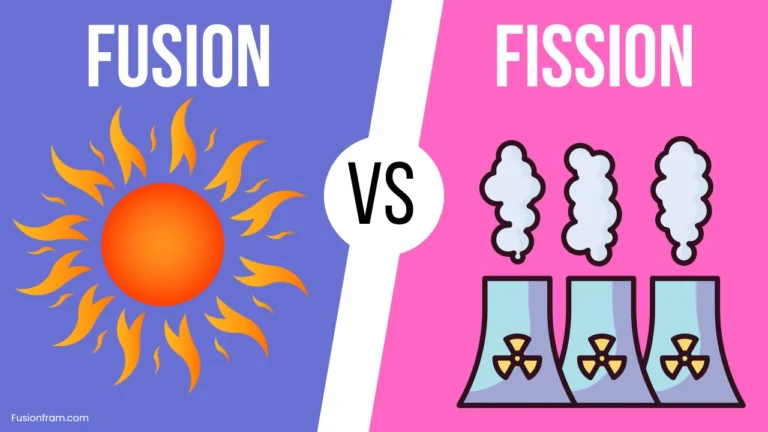Impulsive betting is a common issue in both casual and problem gamblers. It occurs when someone places a wager without careful consideration, often driven by emotion or external influence. These sudden decisions can lead to significant financial losses, emotional distress, and long-term gambling problems.
Understanding the behavioral triggers that lead to impulsive betting is a critical step toward prevention and self-awareness. In this article, we explore the key psychological and environmental factors that push individuals toward risky gambling behaviors.
Emotional States and Mood Swings
One of the most powerful drivers of impulsive betting is emotional instability. When emotions take over, rational decision-making often fades into the background.
- Stress or anxiety: Gambling can become a ทดลองเล่นสล็อตฟรี pg form of emotional escape during difficult moments.
- Excitement or overconfidence: A big win or a lucky streak may cause euphoria, leading to riskier and faster bets.
- Frustration or chasing losses: After a losing streak, players may impulsively bet more in an attempt to recover quickly.
Emotional highs and lows affect judgment, making it harder to stick to limits or long-term strategies.
Environmental Cues and Triggers
The setting in which gambling occurs plays a major role in impulsive behavior. Certain sights, sounds, and social dynamics can act as triggers.
- Flashing lights and celebratory sounds: These create an illusion of constant winning, encouraging more spontaneous bets.
- Alcohol and substance use: Impaired thinking from drinking or drug use can dramatically increase impulsivity.
- Peer pressure or social betting: Being surrounded by others who are actively betting can influence you to join in without a plan.
These environmental factors can lead to automatic responses rather than conscious decisions.
Availability and Accessibility
The easier it is to place a bet, the more likely people are to do it impulsively. Online gambling platforms and mobile apps have increased accessibility, reducing the friction between thought and action.
- One-click betting: Minimal steps between decision and wager make impulsive betting more likely.
- 24/7 availability: Round-the-clock access to betting markets means emotional triggers can lead to instant action at any time of day.
- Push notifications: Alerts about promotions, odds changes, or “last chance” bets create urgency and fear of missing out (FOMO).
Convenience is often a double-edged sword when it comes to responsible gambling.
Cognitive Biases and False Beliefs
People often fall prey to thinking errors that contribute to impulsive gambling behavior.
- Gambler’s fallacy: Believing that a loss streak must end soon leads to irrational bets.
- Hot hand fallacy: Assuming a win streak will continue encourages aggressive, unplanned wagers.
- Illusion of control: Overestimating one’s skill or system can lead to betting more frequently or with greater amounts.
These biases distort reality, convincing individuals to act without proper evaluation.
Instant Gratification and Dopamine Reward
Impulsive betting is closely linked to the brain’s reward system. The thrill of winning—even small amounts—triggers dopamine release, reinforcing the behavior.
- Quick outcomes: Bets with rapid results (e.g., slots, roulette, in-play sports betting) are more likely to lead to compulsive play.
- Reward anticipation: Just thinking about a potential win can drive impulsive action.
- Variable reinforcement: Unpredictable rewards (like occasional wins) make betting highly engaging and hard to resist.
This cycle of dopamine-driven behavior makes it difficult to break away once impulsive betting patterns are established.



